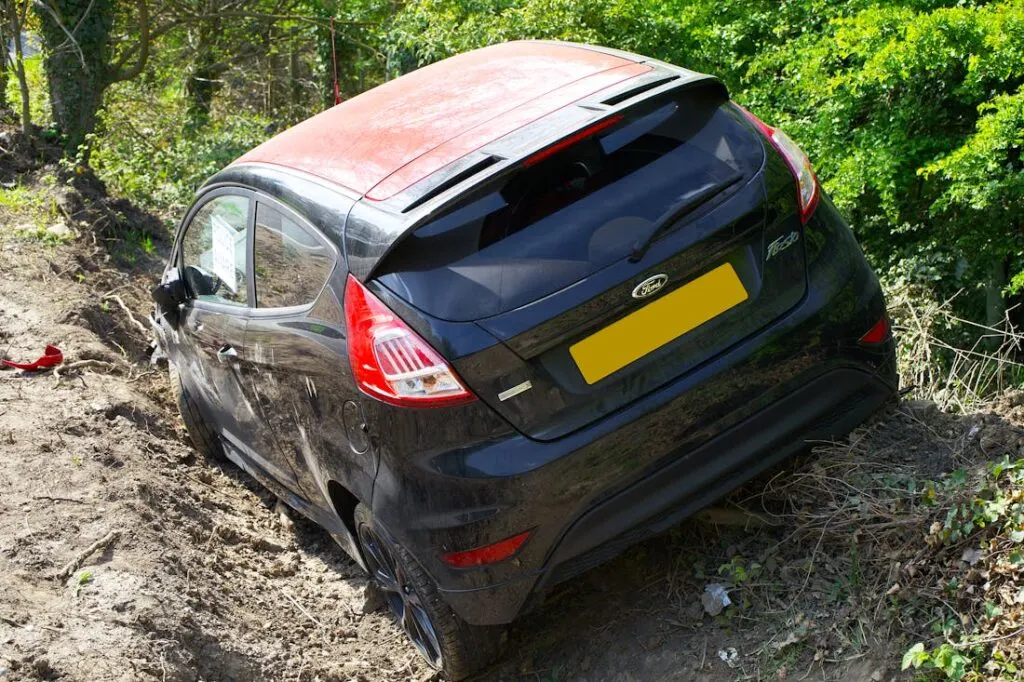The reality of navigating life after a car accident is stark, with over 250,000 accidents resulting in injuries each year, and a notable portion of these leading to long-term rehabilitation needs. The path to recovery for those hit by a car involves not just overcoming physical injuries, but also addressing the deep psychological impacts that can linger. With such a high incidence of accidents, the importance of comprehensive rehabilitation after a car accident cannot be overstated.

Reliable lawyers, such as those at Kuzyk Law, emerge as crucial allies in this journey, offering expertise that extends beyond traditional legal support. They understand that rehabilitation is a multifaceted process, requiring a holistic approach to address the visible and invisible scars left by accidents.
Below we will take a look at the various aspects of navigating rehabilitation after a car accident, including valuable insights and helpful strategies to facilitate your recovery.
Understanding the Importance of Rehabilitation
Rehabilitation after a car accident is essential for ensuring a full recovery and reducing long-term effects. It helps restore physical strength, mobility, and independence while addressing any emotional or psychological trauma resulting from the accident. By engaging in rehabilitation promptly and consistently, individuals can regain control over their lives and return to their daily activities.
Seeking Medical Assistance
After an accident, it’s important to seek immediate medical attention even if you don’t experience any major symptoms or visible injuries. Often, some injuries may not manifest themselves immediately but could worsen over time if left untreated. A visit to the doctor will help diagnose any internal injuries or conditions that could affect your recovery.
Rehabilitation Options
There are several rehabilitation options available based on the severity of your injuries and treatment needs. These options include:
Physical Therapy
Physical therapy focuses on restoring physical functioning and mobility through specific exercises targeted at improving muscle strength, flexibility, coordination, balance, and endurance.
Occupational Therapy
Occupational therapy aims to assist individuals in regaining skills required for performing personal care activities or returning to work. This may include activities like dressing oneself, cooking meals independently, or using assistive devices for mobility.
Mental Health Counseling
Car accidents can lead to post-traumatic stress disorder (PTSD), anxiety disorders, or depression due to the emotional impact they have on individuals. Mental health counseling provides support in managing these psychological aspects while improving overall well-being.
Working with Rehabilitation Specialists
Consulting and working with rehabilitation specialists is crucial during your recovery process. These professionals, such as physical therapists, occupational therapists, and psychologists, have the expertise to design personalized treatment programs that cater to your specific needs. Collaborating with these experts helps ensure a structured approach toward rehabilitation, maximizing your chances of a successful recovery.
Setting Realistic Goals
When embarking on the rehabilitation journey, it’s important to set realistic goals that align with your abilities and timeframe. Discuss these goals with your rehabilitation specialist so they can help you develop a plan that allows for gradual progress and avoids setbacks due to overexertion. Remember that every individual heals at their own pace, so be patient with yourself throughout the process.
Consistency is Key
Rehabilitation requires ongoing commitment and consistency for optimum results. Follow the treatment plan provided by your healthcare providers diligently and attend all scheduled appointments or therapy sessions. Adherence to exercises, medications, and lifestyle modifications as prescribed is vital in ensuring steady progress toward recovery.
Building a Support System
During the rehabilitation process, having a strong support system in place can make a significant difference in your overall well-being and motivation levels. Lean on friends, family members, or even support groups who can provide emotional support and encouragement throughout this challenging time.
Lifestyle Modifications
Recovering from a car accident may require making certain lifestyle modifications to facilitate your rehabilitation process. These modifications can include:
Adapting Your Home
As you return home from the hospital or rehabilitation center, it may be necessary to make adjustments to your living environment to enhance accessibility and safety. This could involve installing handrails, modifying bathroom facilities, or rearranging furniture to accommodate mobility aids.
Modifying Daily Activities
Depending on your injuries and recovery progress, you may need to modify how you approach certain daily activities. This could involve using assistive devices for tasks such as cooking, cleaning, or getting dressed. Adapting these activities can help conserve energy and prevent unnecessary strain on healing areas.
Conclusion
Successfully navigating rehabilitation after a car accident involves understanding its importance, seeking immediate medical assistance, exploring different rehabilitation options available, working closely with rehabilitation specialists, setting realistic goals while staying consistent with treatments and exercises as recommended by healthcare providers, and building a strong support system around you.
Remember that everyone’s journey to recovery is unique; therefore, staying patient and committed will help you achieve optimal results. By following this guide, you are one step closer to overcoming the physical and emotional obstacles brought about by a car accident – leading towards living life fully once again after this unfortunate incident cannot hold you back any longer!
